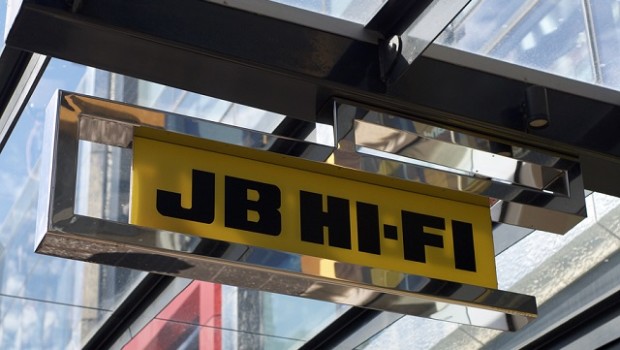

As the government and public continue to react with uncertainty to the spread of COVID-19, retailers across the country are adapting their business models to survive.
Rapidly falling consumer footfall and spending in certain segments of the industry, whether enforced or not, and heightened fear of the invisible spread of the virus are driving new in-store and online practices.
JB Hi-Fi, for example, has for the past few weeks been opening an hour later to allow staff to thoroughly disinfect and clean the store – both for their own safety and that of their customers.
And in a statement released on Tuesday, JB flagged that it would be taking additional actions to protect the people that walk through its doors.
All stores will begin taking additional cleaning measures, while traffic management processes will be enforced in store – what these measures will be, however, isn’t detailed.
Additionally the business will implement social distancing practices in high traffic areas such as counter queues, where counter staff will also encourage cashless transactions to keep contact with customers to a minimum.
JB was asked to detail some of these measures but declined.
And though these are new measures, JB is already prepared to take additional measures should it become necessary.
JB Hi-Fi’s foot traffic hasn’t seen the abrupt decline other retailers have, with a spike in recent weeks due to the Australian public’s realization it will be working from home until further notice – prompting a collective rush for laptops and monitors to set up workstations at home.
Between 1 January and 22 March JB’s Australian comparable sales rose 8.8 per cent, while in New Zealand comparable sales fell 2 per cent.
The Good Guys saw comparable sales growth of 10.4 per cent, driven by products that enable remote working, learning and communication, and home appliances.
The Reject Shop also has seen a material increase in sales over the past month, with comparable sales for the first twelve weeks of H2 growing 8.2 per cent driven by fears over the virus.
COVID-19 driving customers, and businesses, online
Technology and department store goods are going to be in demand categories as customers increasingly work from home. Not every segment is so lucky.
As customers increasingly focus on their primary needs, segments such as jewellery and other luxury items fall to the wayside.
On Monday afternoon, Michael Hill flagged the closure of all its stores across Australia and New Zealand, but that its online offer would remain open for business.
This echoes a statement given by AuMake on Tuesday, in which the daigou business announced it had seen an increase in online sales which had materially offset the drop in offline sales.
AuMake closed all stores but four, which remain trading at similar levels to before the outbreak.
According to the business, it invested additional resources to grow its online channels to reach customers in China after recognising the potential disruption from coronavirus in January.
“The result of this investment has seen the Company’s average daily online sales increase steadily with a one-day record of $237,000 in online sales,” the business said. It’s previous one-day record was $173,000.
AuMake is also increasingly transferring its remaining in-store customers to its online channels in anticipation of needing to temporarily shut its remaining stores.
Our readers want to hear what your business is doing to adapt to the current climate. If you’d like to talk to one of our journalists about the changes you’re making, drop us a line at [email protected].

